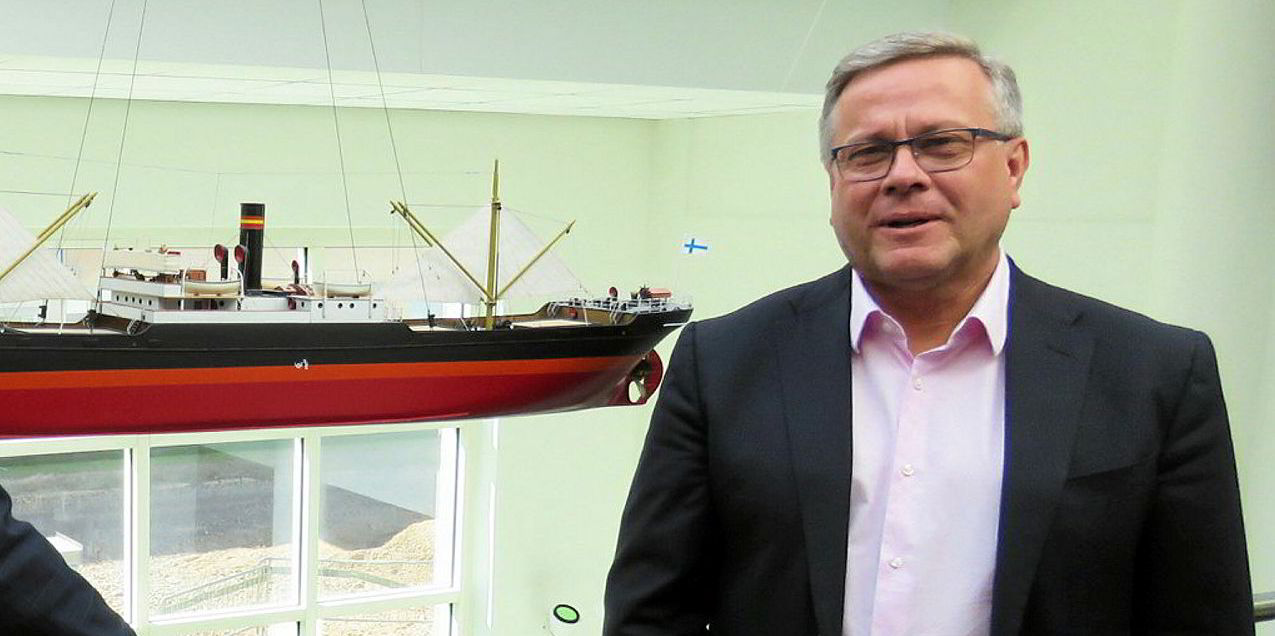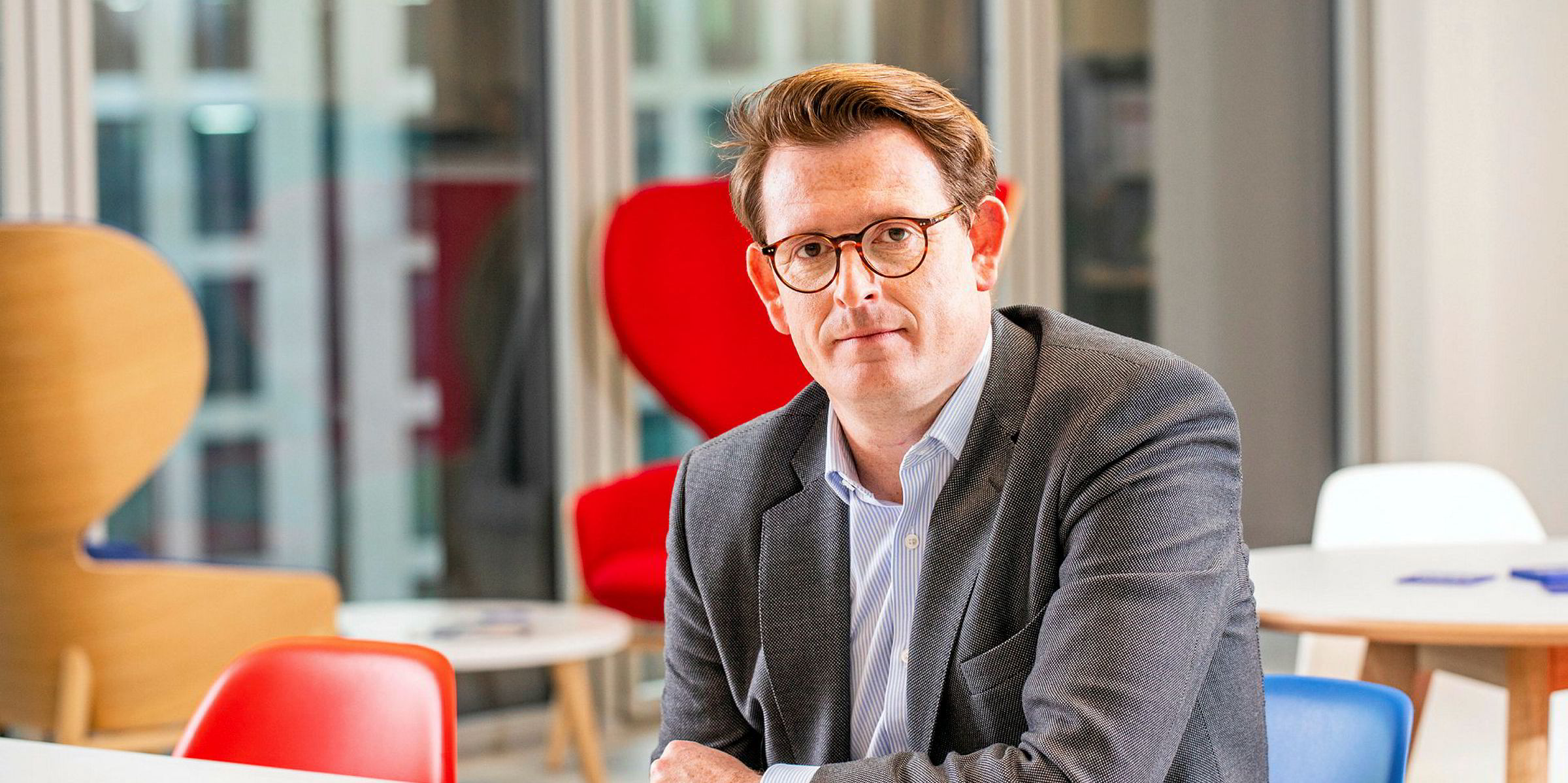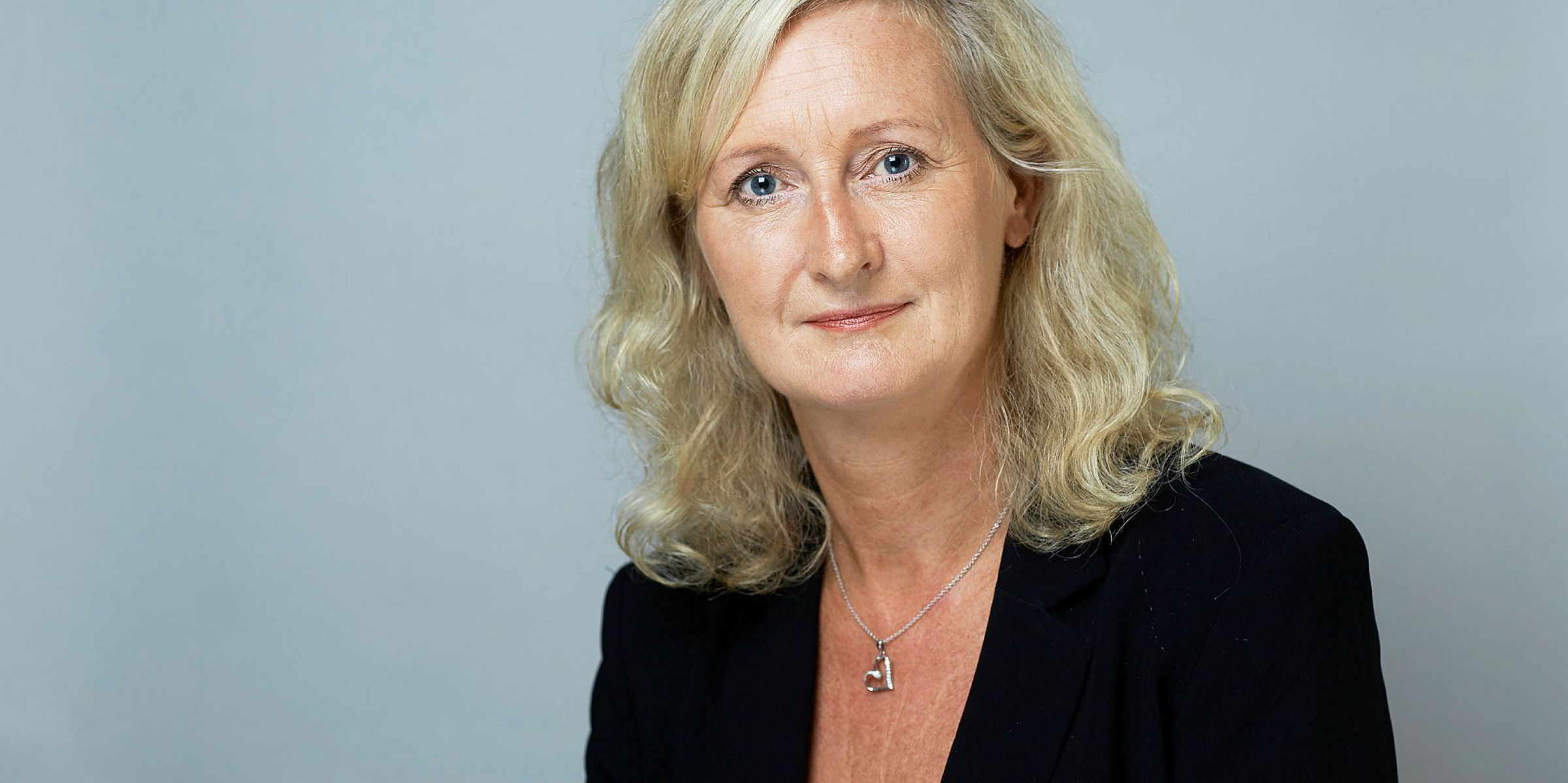The Nordic Association of Marine Insurers (Cefor) announced another positive year for its members in 2019,but 2020 looks like presenting different challenges, with the coronavirus outbreak forcing its members to change their working practices.
Most of the Nordic marine insurance network is working from home, even in Sweden, where measures to stop the spread of coronavirus have been more relaxed than in the rest of Europe.
Cefor chairman Jan Limnell, chief executive at Finland’s Alandia Insurance, said the regional market is essentially working under the same restrictions as the other main insurance centres of London and the Far East.
“It is a similar situation in Norway, Denmark, Finland and Sweden,” he said. “But it seems to be working surprisingly well. Most of my colleagues are fully operational, business is still being placed and claims are still being handled.”
Limnell pointed out one factor working in favour of the regional market is that its insurers are used to working at a distance from the main insurance broking centre of London, where most of the marine business is generated.
The London marine insurance community is centred around Leadenhall Market in the city’s financial district, and brokers and underwriters generally operate within walking distance of each other.
The London tradition is for business to be done face to face, so the sudden shift to working from home has been a shock to the system.
But Scandinavian insurers have largely opted to build their business at a distance from clients and brokers, from centres in Helsinki, Arendal, Gothenburg and Oslo.
So, are they better prepared for the current situation?
When we come out of this, it will be a different world. This will enable the business to become more digital and bring more value
Jan Limnell, chief executive at Alandia Insurance and chairman of Cefor
Getting on board
“We have been forced to do it [work remotely] and we are kind of used [to] it,” Limnell said. “But we are a lead market and so we need to be prepared when a situation like this comes along.”
Digital platforms for placing and handling claims have also been a part of the way Nordic marine insurers have operated.
Limnell believes the crisis will help promote digitalisation across the industry.
“When we come out of this, it will be a different world,” he said. “This will enable the business to become more digital and bring more value. Insurance companies need to be on board with these things.”
Cefor’s figures suggest Alandia has had another good year, increasing its marine hull income to $54m in 2019.
Limnell said Nordic insurers have seen premiums rise since last July in the key hull and machinery market as a result of cutbacks in capacity in the London market.
However, he is wary of getting too excited about recent developments and the increase in rates, pointing out that the volatility of the marine insurance market means it is essential to have a long-term view.
“It has been a challenging year, but the marine insurance market is cyclical and you need to be in for the long haul,” he said.
Alandia has been undergoing some changes. It underwrites cover mainly in the hull and machinery market, but also has a presence in protection and indemnity, and cargo.
However, this year it pulled out of the delay insurance market when it sold its 44.48% shareholding in Nordic Marine to the West of England P&I Club. Alandia remains a commercial partner of Nordic Marine.







